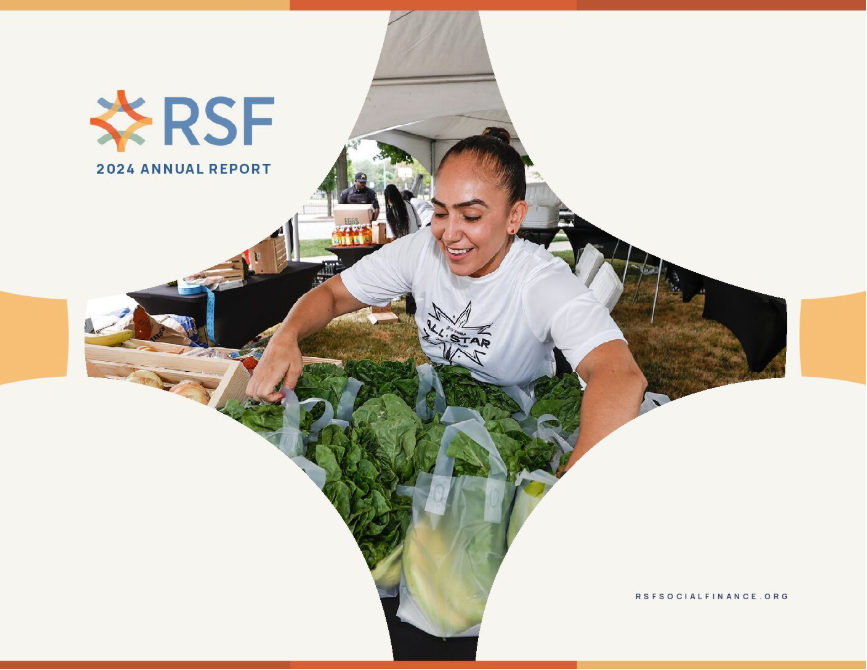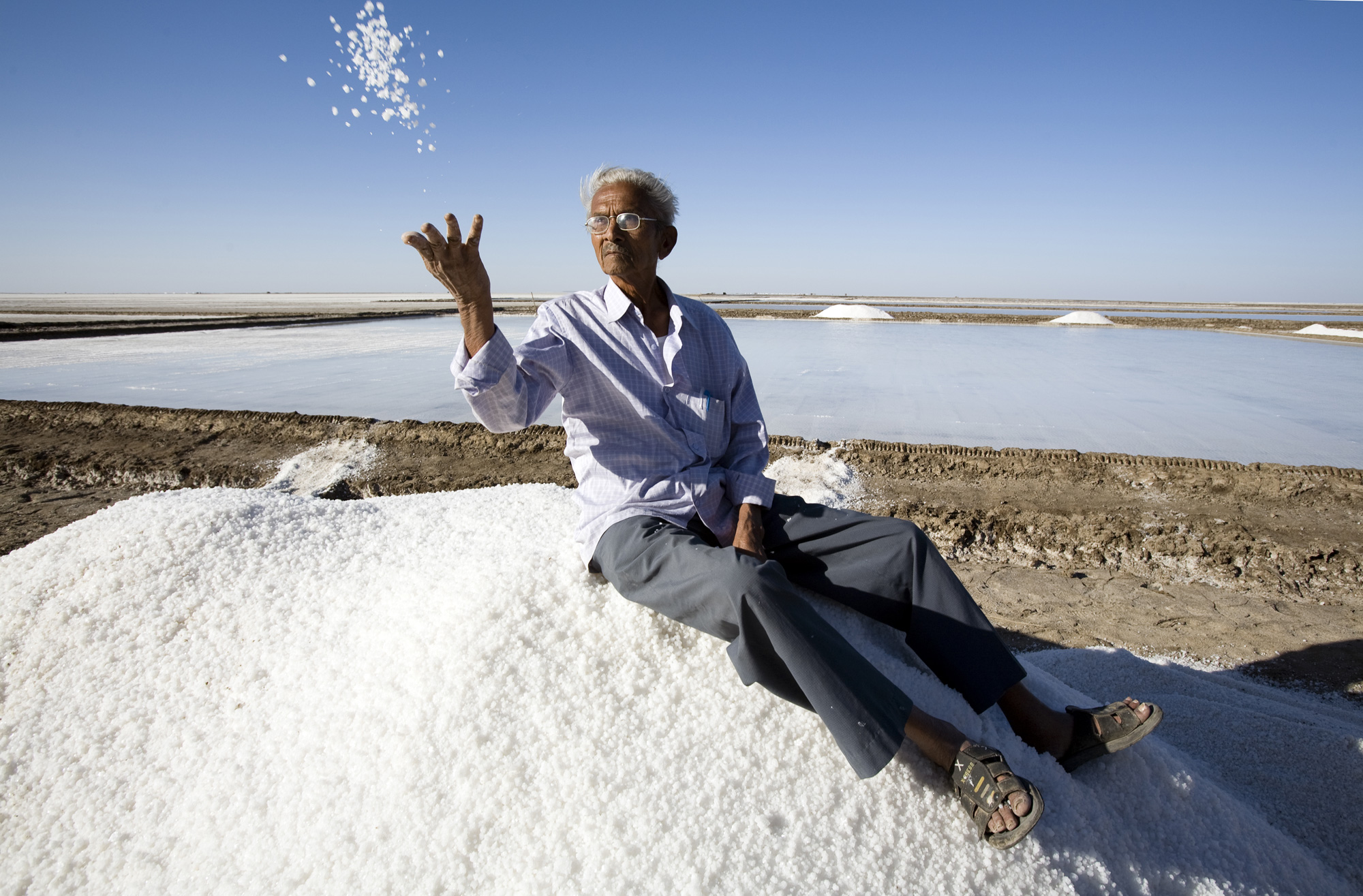Ever since the statistic we call GDP was invented in the 1930s, economists and politicians have used it as a proxy for the public good. It seems reasonable: the more goods and services being bought, the more everyone has—more cars, bigger houses, more music, and more conveniences. As GDP rises, life gets richer and richer.
In this context, ethical investing is more or less congruent with conventional investing. A high return means that your capital has successfully contributed to the expansion of the economy. You have contributed to the production of more salable goods and services. Fundamentally, this is the logic underlying neo-liberal economic policies: governments should do what they can to further the efficient functioning of markets, so that capital is free to flow toward the highest return. It is also the reasoning behind Gordon Gecko’s famous maxim, “Greed is good.”
Today this ideology is crumbling. Of course, some profitable investments also benefit society and the planet. But in general, the growth of GDP—and the source of profits— is coming from the depletion of the biosphere, the commoditization of “developing” societies, fracking, stripmining, deforestation, and more subtly, the conversion of the gift relationships that form communities into monetary transactional relationships.
Moreover, as even these sources of profit dry up, the highest returns are to be found not in creating new wealth, but in stripping it from the productive economy through financialization. The last six years have seen huge profits in transferring wealth from the middle class, homeowners, nations, and manufacturers through debt-pressure and the financialization of assets.
In the past, socially responsible investors could have it both ways: they could avoid the most obviously harmful investments, and still earn a decent rate of return. That is becoming impossible, for two reasons. First, as the prevailing rate of return on capital stagnates or falls, the economic system as a whole comes under increasing pressure to exploit whatever profit opportunities remain, even if they come at grievous human and environmental cost. So for example, as supplies of safely obtainable oil and gas dwindle, we are pushed toward fracking and off-shore drilling. Another example can be found in the downward pressure on wages and environmental standards.
Secondly, socially responsible investors themselves are awakening to the interconnection of all things. They now see the delusion of cordoning off some subset of investments and pretending that they don’t contribute to an overall economic system that is inherently destructive. For example, maybe you vow not to invest in fossil-fuel energy companies, or in any company that is clearcutting and stripmining in South America. OK then, how about the banks that finance these activities? How about the manufacturers that use the stripmined minerals? That would include the entire tech sector. You might stay away from companies that employ sweatshop labor abroad or minimum-wage labor at home – but what about companies that contract with these companies? Ultimately, it is nearly impossible to make profits without participating in a system of social injustice and ecocide.
But that doesn’t mean you should withdraw from the system and bury your money under the apple tree. That won’t help anyone. The point is not to avoid the taint of complicity, but rather to align money with values. What we need is a shift in how “investment” is conceived.
by Charles Eisenstein
Charles Eisenstein is a speaker and writer focusing on themes of human culture and identity. He is the author of several books, most recently Sacred Economics and The More Beautiful World our Hearts Know is Possible. His background includes a degree in mathematics and philosophy from Yale, a decade in Taiwan as a translator, and stints as a college instructor, a yoga teacher, and a construction worker. He currently writes and speaks full-time. He lives in Pennsylvania with his wife and four children.


